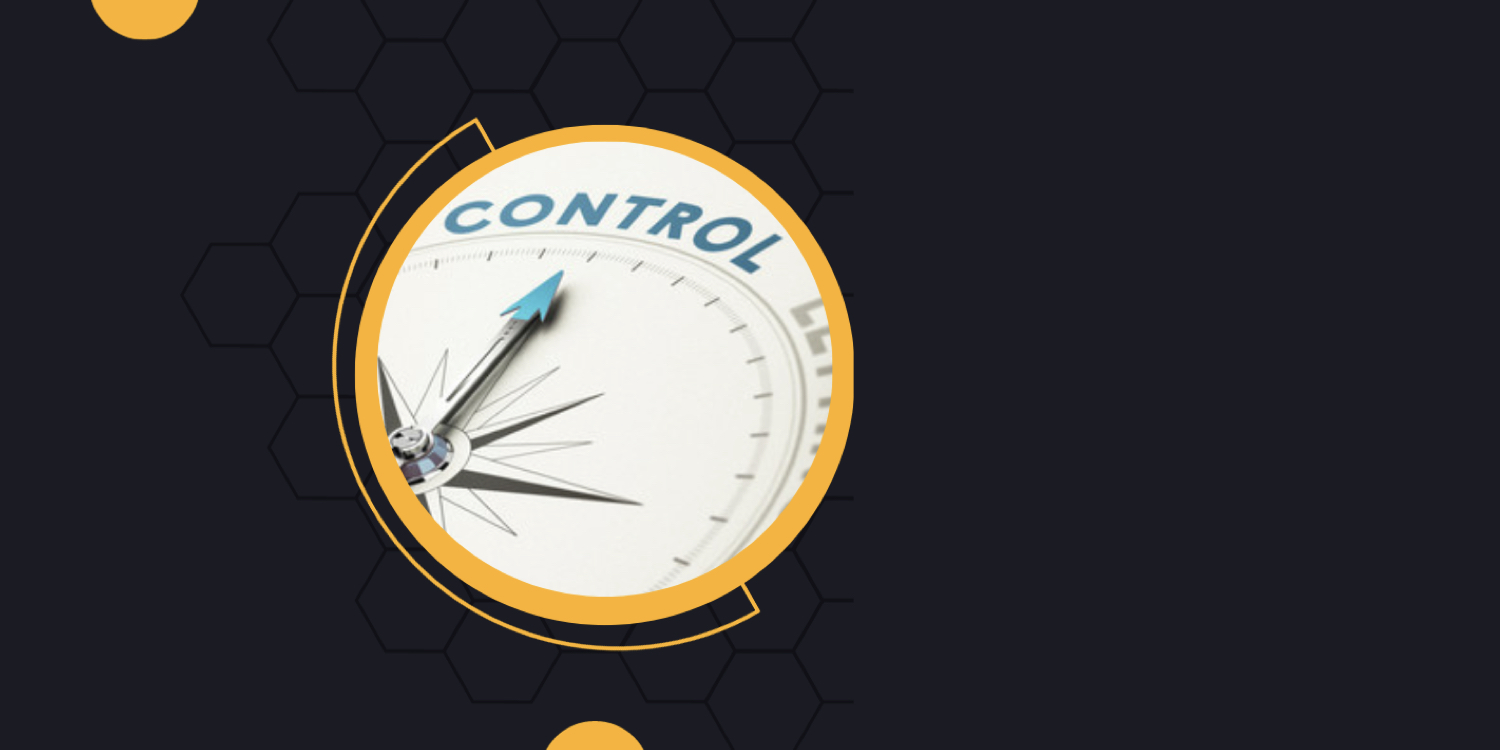American homeowners, especially older ones, are being crushed by record increases in homeowners insurance premiums.
Money.com reports these five states saw the largest increase in premiums from May 2021 to May 2023.
- Florida: 68% ($1,127 to $1,896)
- New Mexico: 47% ($855 to $1,255)
- Colorado: 46% ($1,390 to $2,031)
- Idaho: 46% ($552 to $804)
- Texas: 46% ($1,471 to $2,141)
The spike in premiums is attributed to a perfect storm of a spike in natural disasters, record insurance losses, and higher construction prices.
Natural disasters such as wildfires have long-lasting impacts. For example, in the wake of New Mexico’s most destructive wildfires insurers began hiking homeowners insurance premiums. The same can be said for Colorado, Idaho, and California. In the wake of the disastrous and deadly Maui Fire island residents will soon face the same challenge.
As a result of the surging cost of premiums, many older homeowners without a mortgage on their home have chosen to forego homeowners insurance altogether. The Insurance Information Institute reports that 5% more homeowners have not purchased homeowners insurance than just two years ago.
Such homeowners are very likely house-rich but cash-poor. Even worse, their greatest source of wealth is now at risk of being wiped out. One disaster could push an older homeowner into complete financial ruin or possible homelessness.
Reverse mortgage professionals who originate in states with marked premium increases should reach out to their local property and casualty insurance agents. Ask if they’ve seen an increase in homeowners insurance policy cancelations. If the agent has noted an increase of clients opting out of insuring their home you can explain that reverse mortgage could provide the means needed to purchase a policy and protect what’s likely their largest asset.
Working with an agent
While the insurance agent cannot divulge the identity of homeowners who’ve canceled their policy, they can make contact and recommend the homeowners arrange a meeting to learn how a reverse mortgage could help get them insured again.
This is a potential win-win-win scenario. The homeowner wins by protecting their home. The insurance agent wins back a client. The originator wins a sale but most importantly, helps eliminate the risk of a homeowner losing their home to a disaster or fire.





